Eurovision 2024: how is politics playing out in Sweden?
World's most popular song contest 'has always been politically charged' but 'this year perhaps more so than ever'
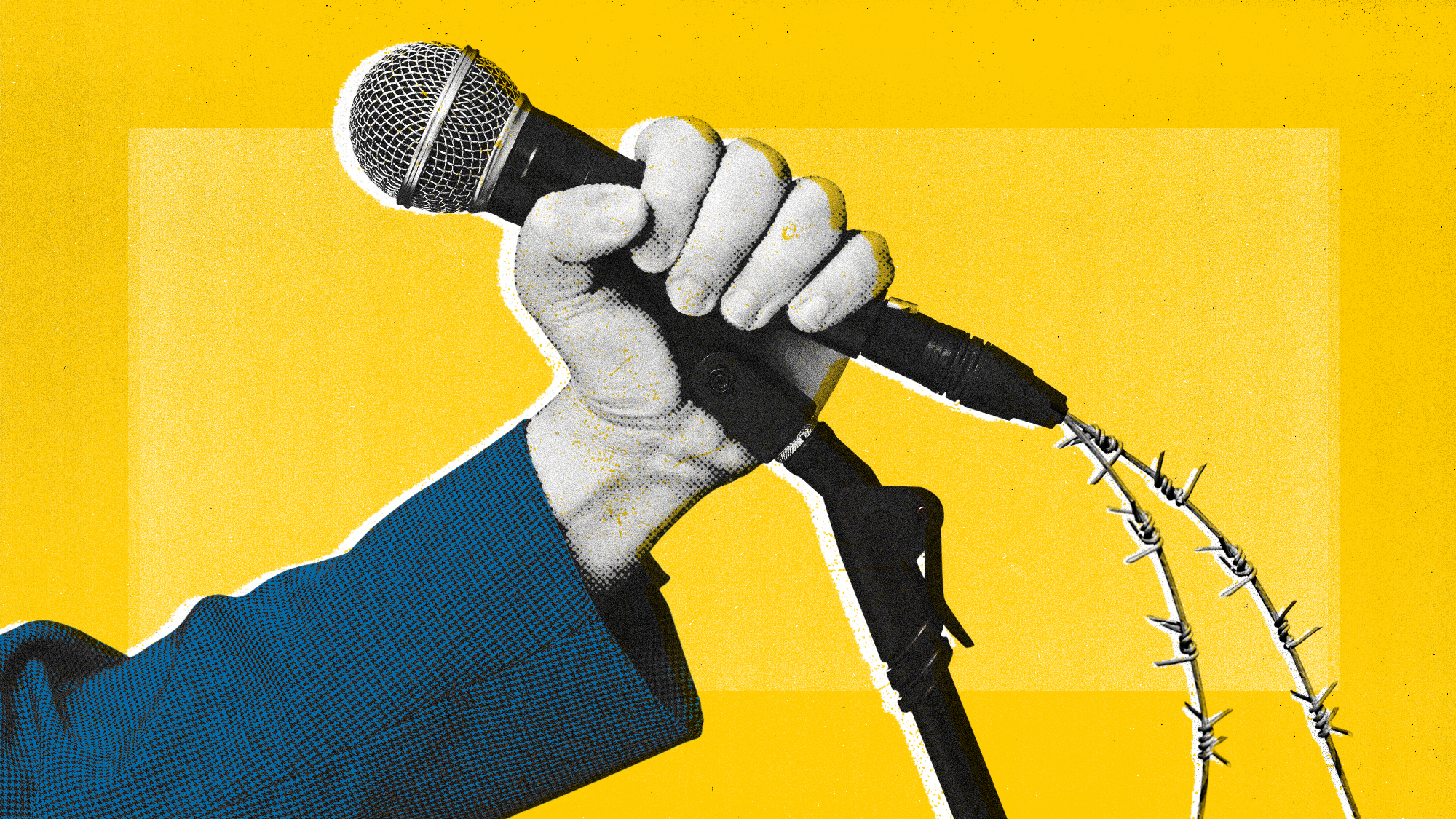
A free daily email with the biggest news stories of the day – and the best features from TheWeek.com
You are now subscribed
Your newsletter sign-up was successful
One of the biggest fallacies about major cultural and sporting events is that they cannot nor should not be political.
The European Broadcasting Union (EBU), which organises the Eurovision Song Contest, has repeatedly insisted that the competition is purely a cultural event and has no place for politics. Its rules state that political statements or even slogans are not allowed.
But the event "has always been politically charged", said Bloomberg, "and this year perhaps more so than ever".
The Week
Escape your echo chamber. Get the facts behind the news, plus analysis from multiple perspectives.

Sign up for The Week's Free Newsletters
From our morning news briefing to a weekly Good News Newsletter, get the best of The Week delivered directly to your inbox.
From our morning news briefing to a weekly Good News Newsletter, get the best of The Week delivered directly to your inbox.
What did the commentators say?
Ahead of Saturday's Eurovision grand finale, 100,000 visitors are expected to descend on Malmo in Sweden. The host city has a sizeable Muslim minority and many of those heading there will be taking part in protests against Israel's war in Gaza. Organisers say the demonstrations are intended to be peaceful.
Meanwhile, the song contest itself has for months been "on the defensive about Israel's participation", said Bloomberg.
Janne Heltberg, a Norwegian actor and one of the initiators of EurovisiOFF, a campaign calling for a Eurovision boycott, has argued that just as Russia was swiftly banned after its 2022 invasion of Ukraine, Israel should now be disqualified.
This "almost happened" earlier this year, said DW, "but not as a direct reaction to the boycott calls". According to the EBU, the original title of the Israeli entry, "October Rain", by 20-year-old Eden Golan was too reminiscent of the 7 October Hamas attacks that killed 1,200 people and saw hundreds more taken hostage.
A free daily email with the biggest news stories of the day – and the best features from TheWeek.com
Despite calls to exclude Israel from the competition, in the end the title was changed, and Golan was allowed to participate.
While a majority of people asked by YouGov said Israel should not be allowed to compete, "the reasons why are often geographical rather than political", said the polling firm. Those who actually intend to watch Eurovision were slightly more likely to say that Israel should be allowed in than not.
Far from its stated reputation as a strictly "non-political event", wrote Jacqui Housden on the i news site, over the past 50 years Eurovision's stage has been a "hotbed of controversies and political statements, from calls to recognise genocide, to hidden messages on referendums and more obvious messages about the Russian leader".
In just the last 20 years, Georgia was excluded in 2009 following Russia's invasion for the song "We Don't Wanna Put In". Belarus was kicked out in 2021 after the contested re-election of authoritarian president Alexander Lukashenko, which precipitated a national crackdown on political opposition, while Russia was excluded in 2022 following its invasion of Ukraine, which went on to win the competition by a landslide.
Israel has been participating in Eurovision for over half a century, "so it's not the first time the Middle East conflict has come into the spotlight at the event", said DW.
In 1973, Israeli singer Ilanit performed amid tight security. In the wake of the 1972 Munich Olympics massacre of 11 Israeli athletes by Palestinian terrorists, the singer was forced to wear a protective vest, audience members were not allowed to stand and photographers had to take pictures of the ceiling "to prove that their cameras were not camouflaged firearms".
What next?
Fast forward to the present day and "several prominent, artist-led campaigns argue that recent decisions to exclude Russia and Belarus set a precedent, and that Israel should be banned for human-rights violations", said The New York Times.
"Eurovision officials reject those comparisons," said the paper, "but when Golan performs in Malmo, it seems certain that many voters will be thinking about more than just her singing."
There has certainly been "intense debate in the run-up to the competition about the dividing lines between music, art and politics", said Politico. But at least when it comes to the event itself host country Sweden is the "archetypal safe pair of hands for Eurovision".
-
 What to know before filing your own taxes for the first time
What to know before filing your own taxes for the first timethe explainer Tackle this financial milestone with confidence
-
 The biggest box office flops of the 21st century
The biggest box office flops of the 21st centuryin depth Unnecessary remakes and turgid, expensive CGI-fests highlight this list of these most notorious box-office losers
-
 What are the best investments for beginners?
What are the best investments for beginners?The Explainer Stocks and ETFs and bonds, oh my
-
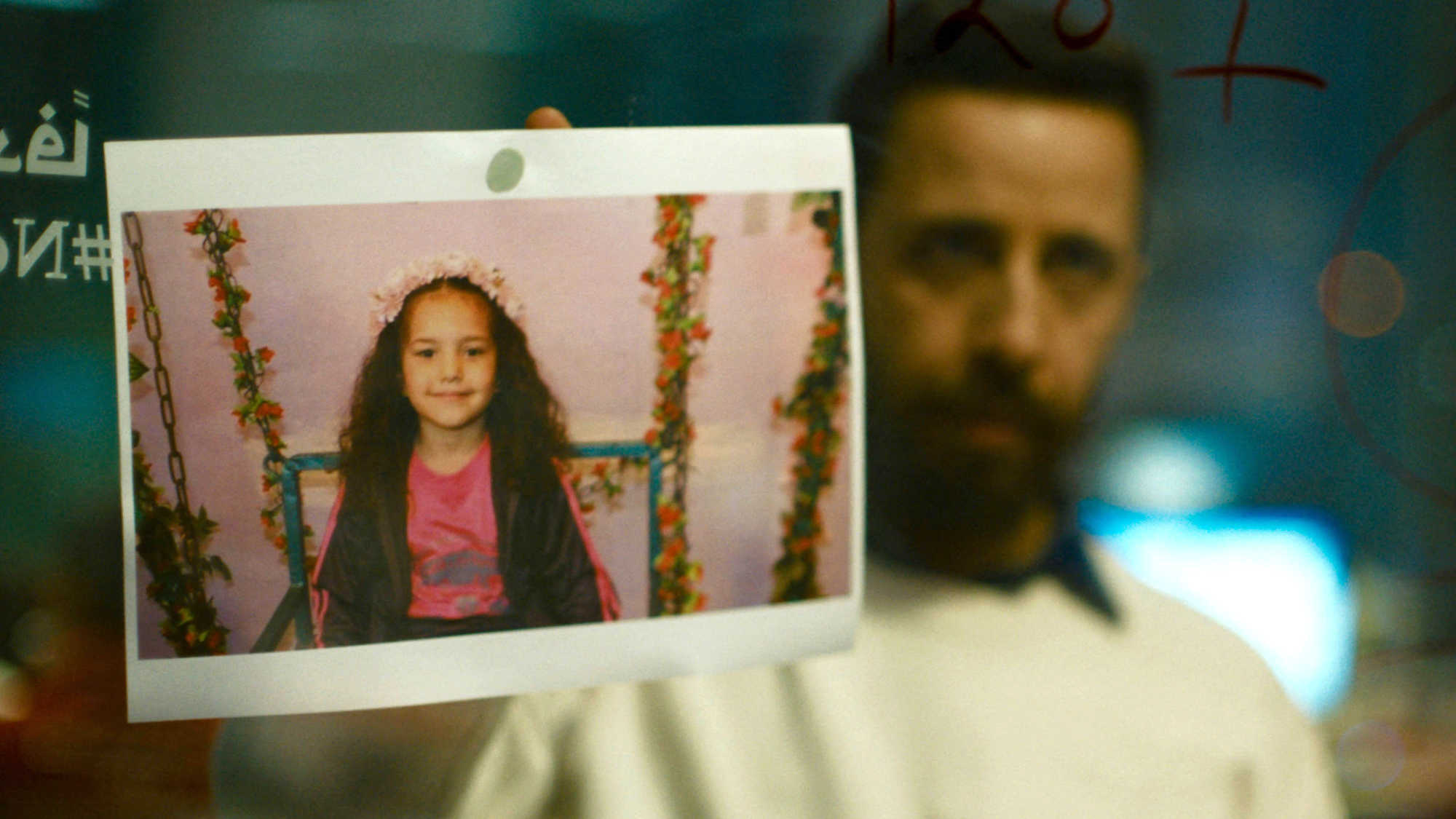 The Voice of Hind Rajab: ‘innovative’ drama-doc hybrid
The Voice of Hind Rajab: ‘innovative’ drama-doc hybridThe Week Recommends ‘Wrenching’ film about the killing of a five-year-old Palestinian girl in Gaza
-
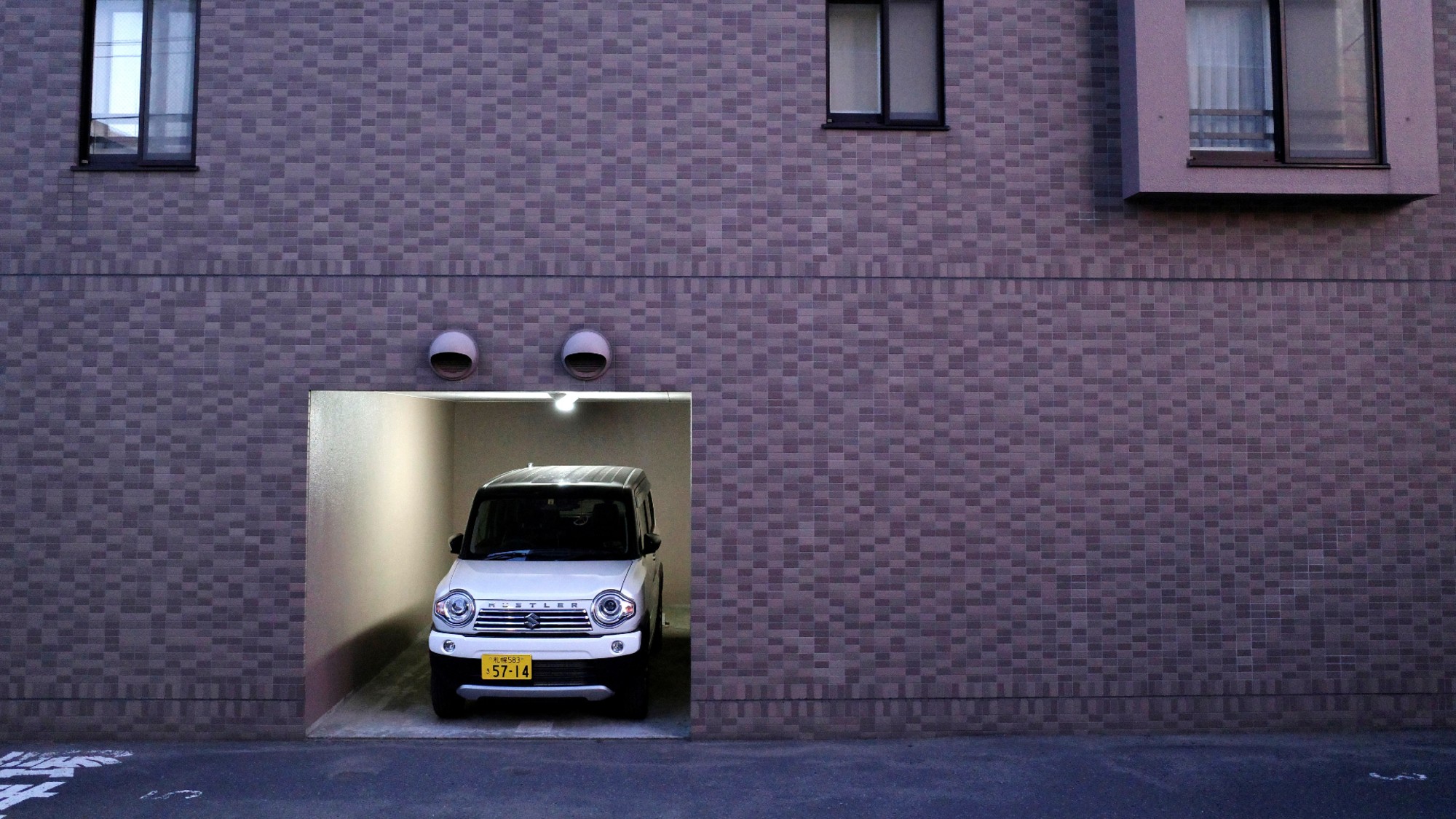 Could smaller cars bring down vehicle prices?
Could smaller cars bring down vehicle prices?Today’s Big Question Trump seems to think so, but experts aren’t so sure
-
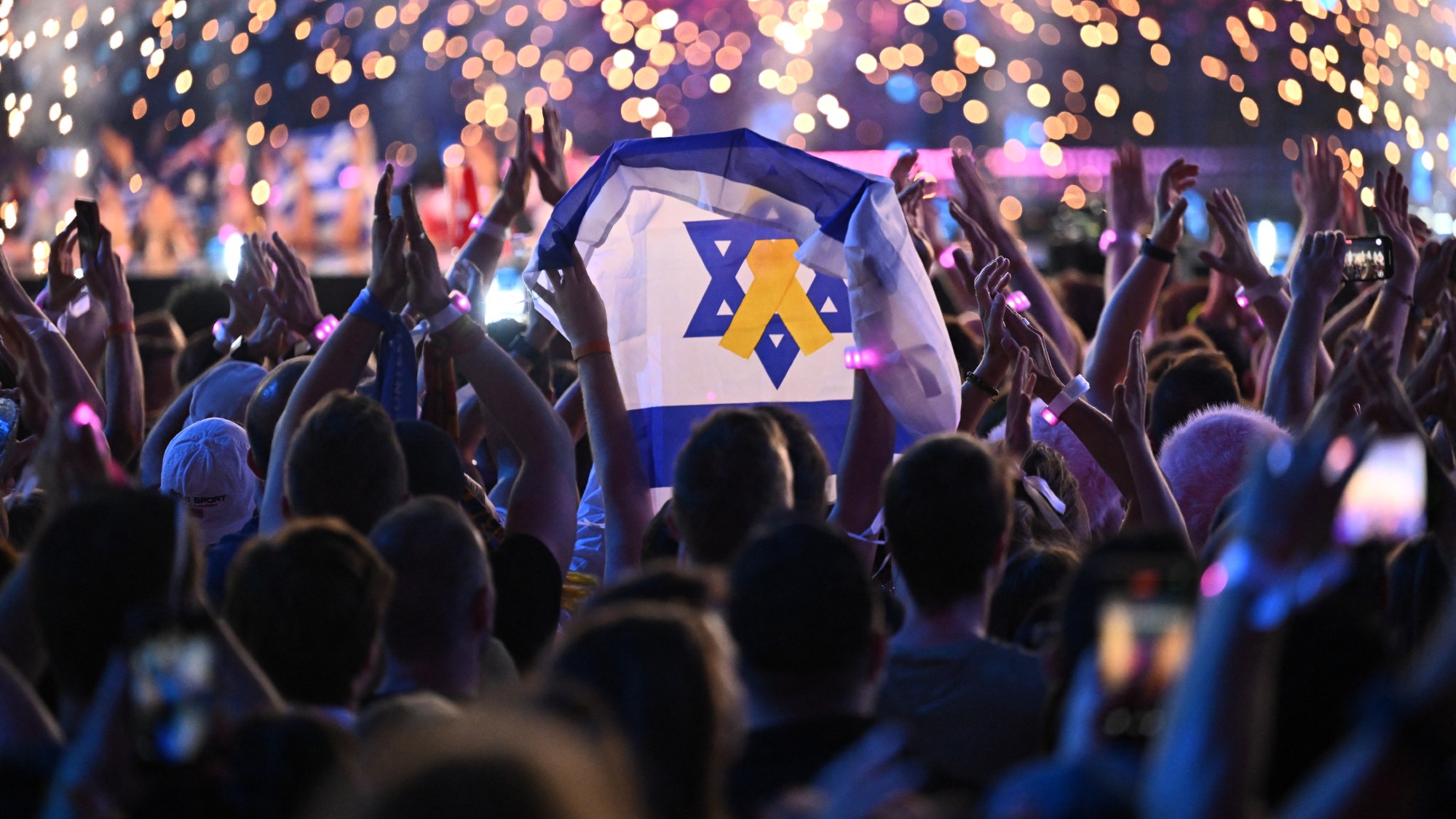 Eurovision faces its Waterloo over Israel boycotts
Eurovision faces its Waterloo over Israel boycottsTalking Point Five major broadcasters have threatened to pull out of next year’s contest over Israel’s participation
-
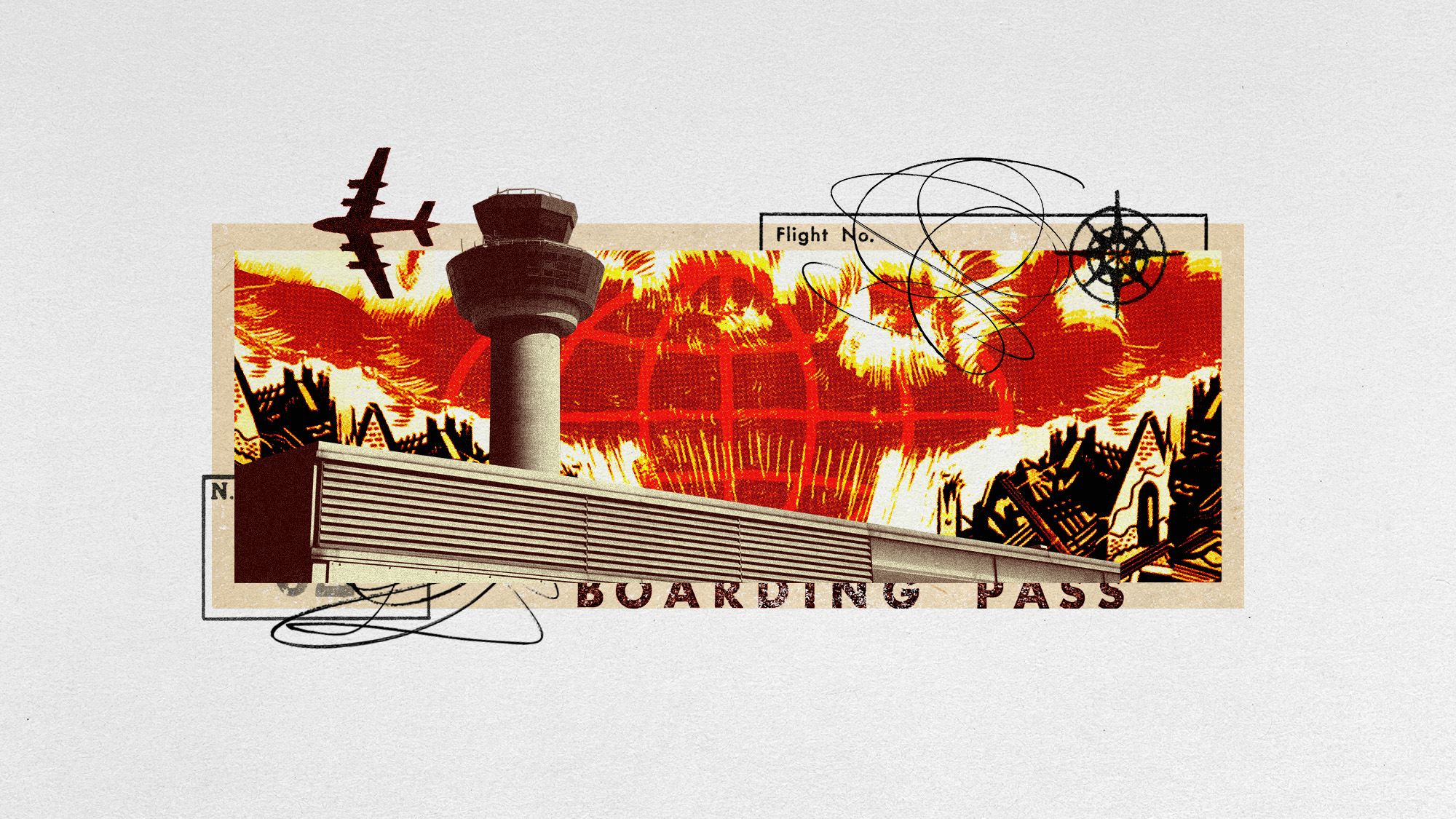 How global conflicts are reshaping flight paths
How global conflicts are reshaping flight pathsUnder the Radar Airlines are having to take longer and convoluted routes to avoid conflict zones
-
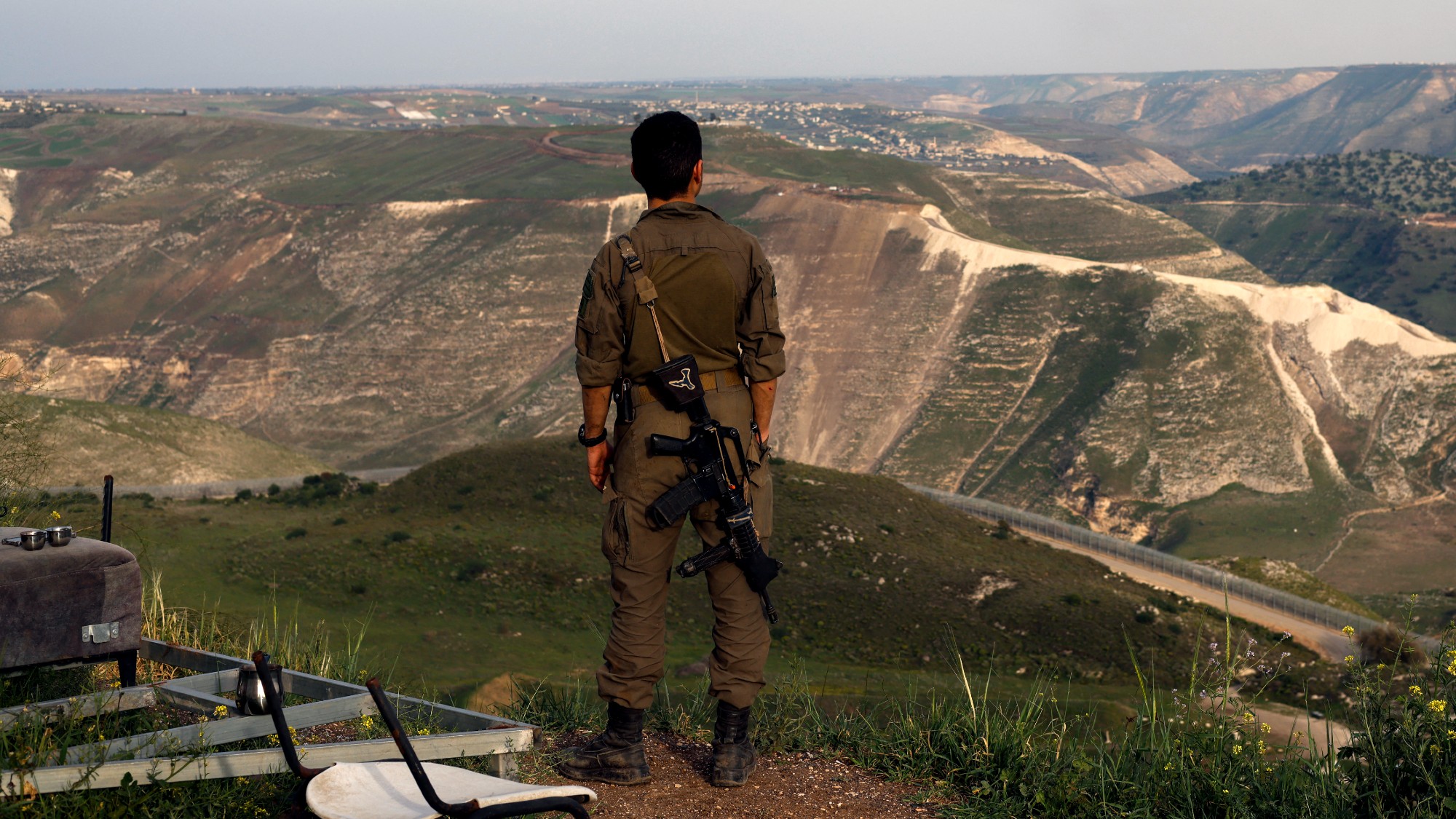 The Israeli army's 'tourist hikes' in occupied Golan Heights
The Israeli army's 'tourist hikes' in occupied Golan HeightsUnder The Radar 'Provocative' twice-daily tours into territory seized from Syria have quickly sold out
-
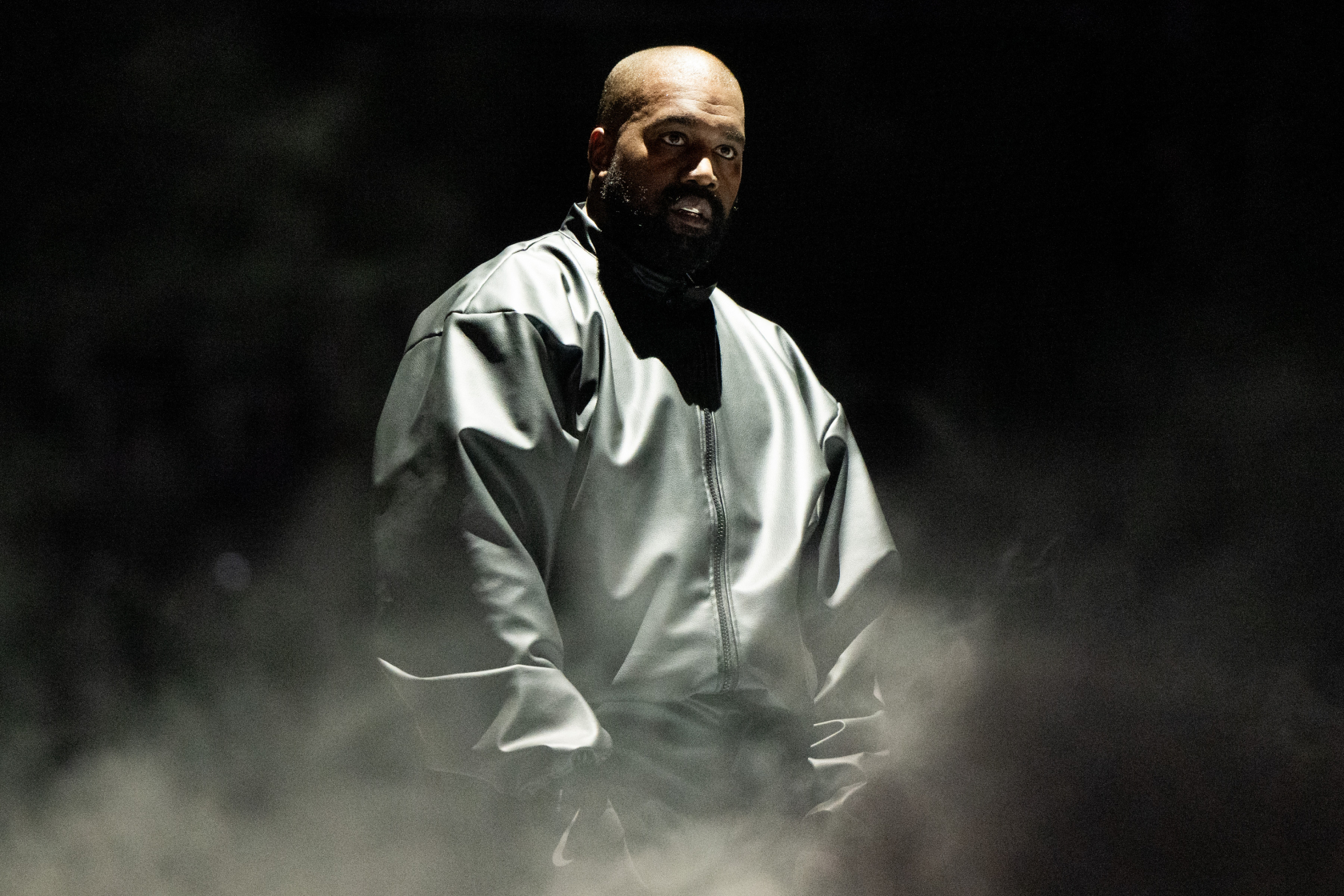 Is Ye finally about to be canceled for good?
Is Ye finally about to be canceled for good?TODAY'S BIG QUESTION From doubling down on overt antisemitism and Nazi admiration to a series of alarming public appearances, the rap superstar and fashion mogul might have finally gone too far
-
 Sarah Rainsford shares the best books to explain Vladimir Putin's Russia
Sarah Rainsford shares the best books to explain Vladimir Putin's RussiaThe Week Recommends The correspondent picks works by Anna Politkovskaya, Catherine Belton and more
-
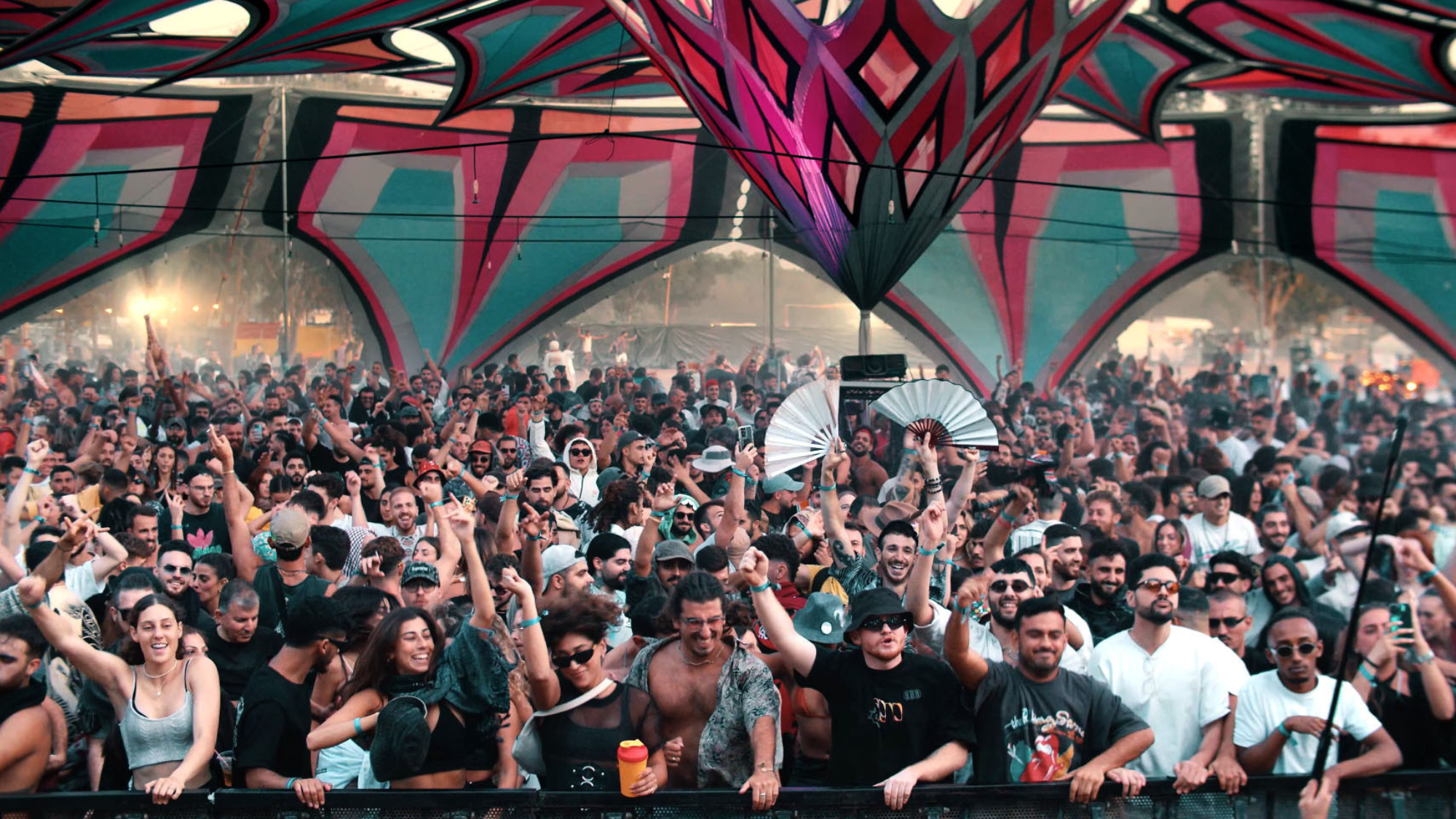 Surviving October 7th: We Will Dance Again – 'blistering' documentary 'unfolds like a disaster movie'
Surviving October 7th: We Will Dance Again – 'blistering' documentary 'unfolds like a disaster movie'The Week Recommends Yariv Mozer's 'visceral' film features mobile phone footage from survivors of Hamas attack